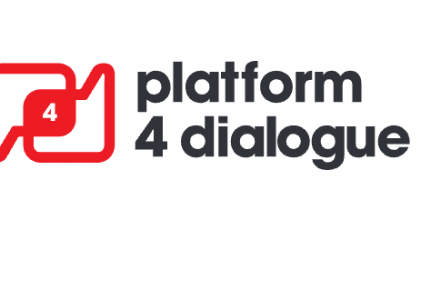
Decolonising Peacebuilding Practice
From October 5th –6th 2021, the Global Partnership for the Prevention of Armed Conflict (GPPAC), the International Civil Society Action Network (ICAN), Peace Direct, and the United Network of Young Peacebuilders (UNOY) invite all those committed to preventing conflict and restoring peace and justice to a conversation on ‘Decolonising Peacebuilding Practice.’
Launched in May 2021, Peace Direct’s report “Time to Decolonise Aid” explores how racism and discrimination have been institutionalized into the international aid system. While the report gave recommendations for dismantling established discriminatory and racist beliefs and practices, it is vital to examine the specific ways that these issues manifest in peacebuilding practice. It is for this reason that we are convening a follow-up conversation that looks specifically at how to decolonize the practice and processes of peacebuilding.
There is a need for radical reimagining to decolonize peacebuilding practice, to effectively redress global power imbalances, and to support communities leading justice and peacebuilding efforts.
Using Platform4Dialogue, a two-day consultation from October 5th –6th will be held to discuss how to effectively address structural racism, and decolonize the peacebuilding practice.
Over the two days, some of the key questions are as follows:
- How does structural racism and ‘White saviourism’ show up in the culture of international peace interventions?
- How do we address past instances of racist and discriminatory practices in the peacebuilding sector?
- How do racist assumptions, attitudes, and beliefs manifest in peace processes?
- Does structural racism look different in different parts of the world?
- Which peacebuilding frameworks are no longer appropriate? What new frameworks can we adopt?
- How can we decolonise peacebuilding, including peace processes, funding structures, and decision-making processes?
- How do we address an established culture of interventionism?
- Are peacebuilding concepts and frameworks rooted in Western thinking?
- How do unequal power dynamics between international actors and local peacebuilders affect your work?
We acknowledge that many of these discussions will be difficult and uncomfortable, but they are critical if there is a need to re-shape peacebuilding practice to be something that genuinely results in just, sustainable peace, and empowers local communities.
While the main language of the consultation will be in English, there will also be opportunities for more focused discussions in French, Spanish and Arabic. Participants who speak French, Spanish, and Arabic will be able to use the automatic translate function built into the discussion platform.
There will also be specific live Zoom calls to supplement the online conversations. There will be the option to show interest in these additional conversations in the registration form.
Register for the consultation using this link, and please share this with anyone you think might be interested.
